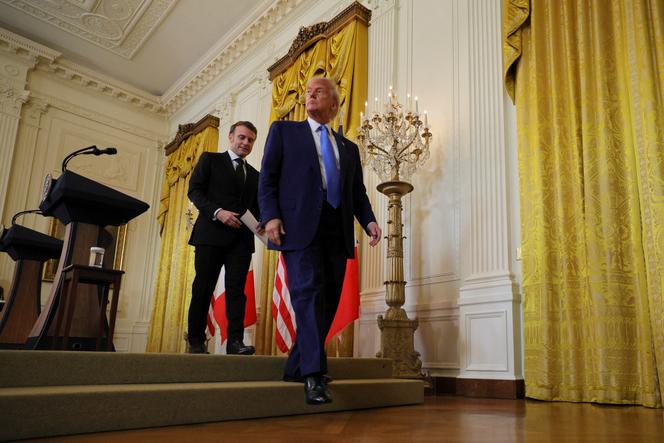


French President Emmanuel Macron said he believes in "a turning point" and perceives a common "path," whereas Donald Trump seemed committed to an expressway, with no speed limit or consideration for passengers. Welcoming his French counterpart to the White House on Monday, February 24, the president of the United States respected the norms of transatlantic concertation at a historic moment: the ongoing negotiations between Washington and Moscow with a view, in particular, to a ceasefire in Ukraine. But the norms have become cosmetic, in Trump's unilateral approach to foreign policy, conceived of as agreements between great powers.
Worried about being the spectators of their own destiny, Europeans are mobilizing to preserve the essentials: their unity, Ukrainian sovereignty and the US security blanket. During a brief visit, Macron managed to become part of the American landscape, acknowledging the new diplomatic order imposed by Trump, while expressing his reservations and differences in courteous terms.
A dialogue of the deaf, albeit friendly, took place twice in front of the cameras, during an exchange in the Oval Office and then at a press conference. Once again, the US president complained – incorrectly – about the difference in contributions between Europe and the US in support of Ukraine.
You have 83.38% of this article left to read. The rest is for subscribers only.
